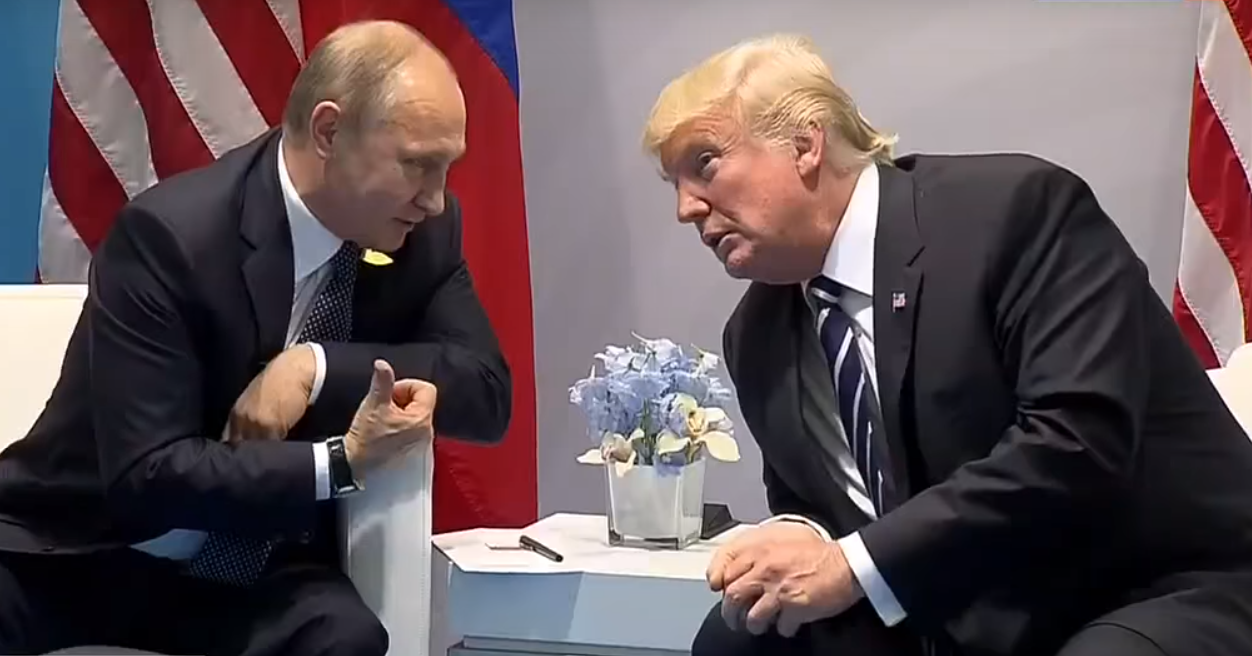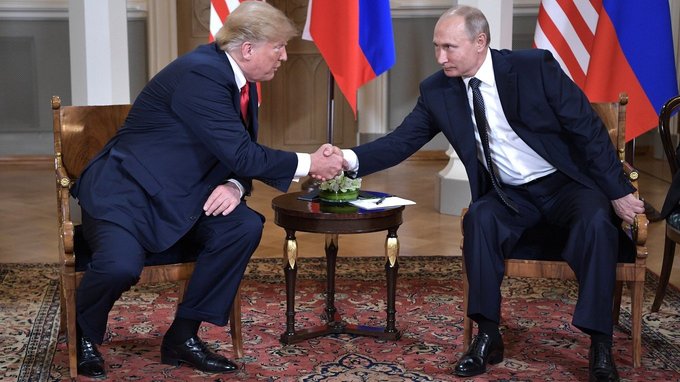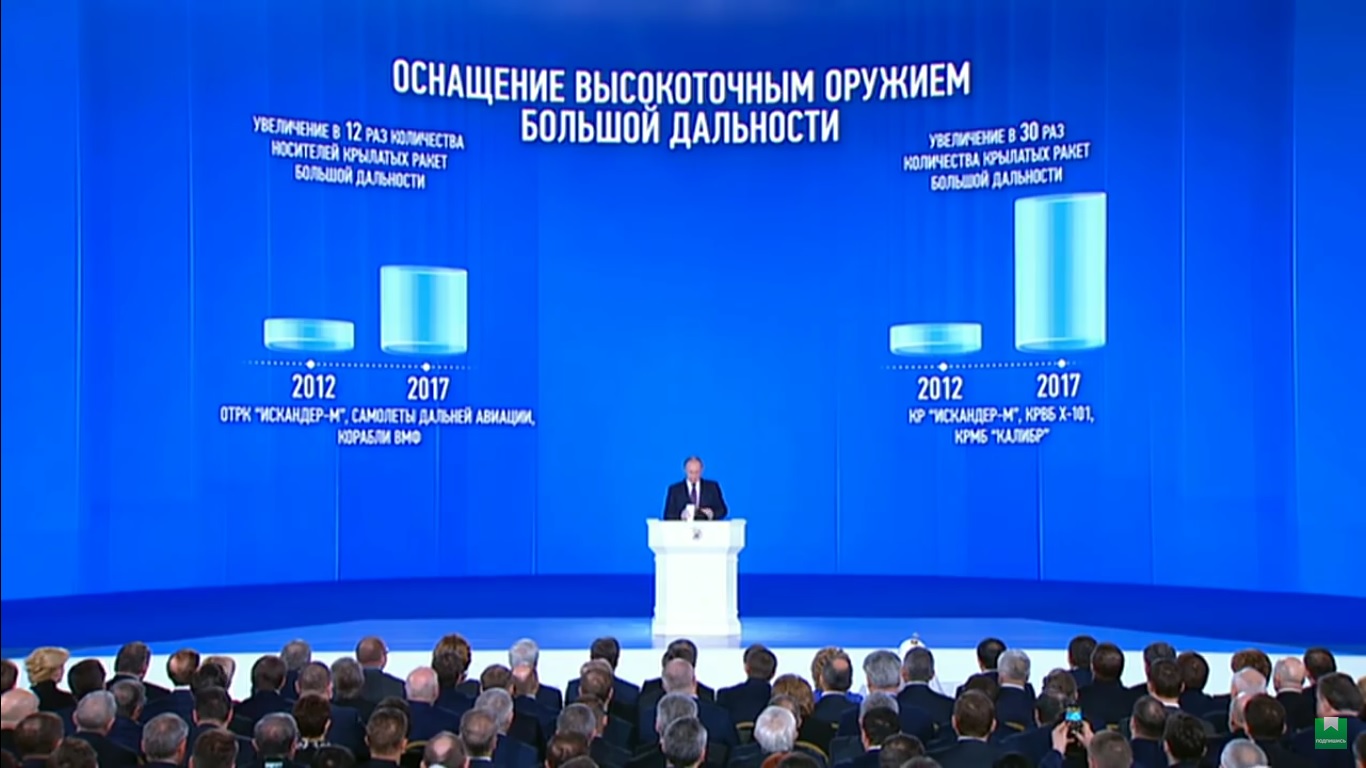Many Russian commentators are suggesting that Donald Trump’s refusal to impose Congress-mandated sanctions on Russian leaders is an act of “sabotage” – see, for example, Aleksandr Nemets’ essay on Kasparov.ru about recent developments in Washington.
Despite mounting anger in the US Congress and the American population, Nemets says, “Trump does not want – or can’t, as a result of secret ties with Moscow! – to change his previous model of behavior” of pushing for better relations with Moscow and thus “continues to sabotage anti-Russian sanctions.”
But another Russian commentator, Anna Nemtsova, suggests more may be going on, that Moscow even now is working to frighten Washington into lifting sanctions by having Russians pull more than one trillion US dollars out of the West or by playing on Western fears that if sanctions continue, someone even worse than Putin could come to power in Moscow.
In a new article entitled “Moscow’s Plan to Beat Sanctions? ‘Russia First!’” Nemtsova says that both conservative and liberal factions in the Kremlin elite believe that the new sanctions have “cornered” Putin and are forcing him to take radical actions to try to save the situation by convincing Washington it must change course. She writes:
These people, Nemtsov continues, call themselves “the Jumpstart Party” (ryvok in Russian) and, according to one of its leader’s, Yury Krupnov, who says he has Putin’s support, are demanding that Russian elites “either bring all your offshore money back home and invest in developing the economy or you will have to go.”
Russian businessmen could be threatened with jail or death if they did not repatriate their funds, Yury Gromyko of Moscow’s Shiffers Institute says.
Such a sudden and massive withdrawal of funds, of course, would have a significant impact on Western markets and might lead some in Washington to reconsider their positions on sanctions. Indeed, it is not impossible that President Trump is among those who might expect that to happen and who might delay sanctions to prevent that from taking place.
But in Russia itself, Nemtsova says, few expect this call for repatriation to work anytime soon. Repressive moves against Russian businesses just now would, as Moscow economist Yevgeny Gontmakher points out, end any chance that foreigners would ever invest in “such an isolationist Russia.”
But the Jumpstart supporters have a fallback position, one that might do even more to change some minds in the West.
He won’t be a reformer, the Jumpstart advocate says, “but a completely anti-Western, revenge-thirsty general, who would cause harm to the USA.” For Moscow’s strategy as outlined by Nemtsova to work, it would not even be necessary for the Russian side to take either action. Simply threatening the one and raising the prospect of the other might be enough.
Indeed, it is not impossible that the comments by Jumpstart leaders to Nemtsova and others are part and parcel of that game. Moscow may calculate that it need make only a few moves to lend credibility to these threats to change minds in the West and thus it may believe that Trump’s foot-dragging will play into its hands.
Related:
- Putin’s system is irreversibly collapsing, says Piontkovsky
- Putin’s ‘secret weapon’ against the West – massive illegal cash hordes in foreign countries
- Putin will restore Iron Curtain after elections, Agora’s Chikov says
- Putin’s power isn’t legal but has been legitimized by violence and lies, Yakovenko says
- Six powerful quotes from Anna Politkovskaya about Vladimir Putin
- Putin era is coming to an end and both he and other Russians recognize that, Moscow sociologist says
- Russians mark Putin’s 18th year in power by reprising Brezhnev-style anecdotes




